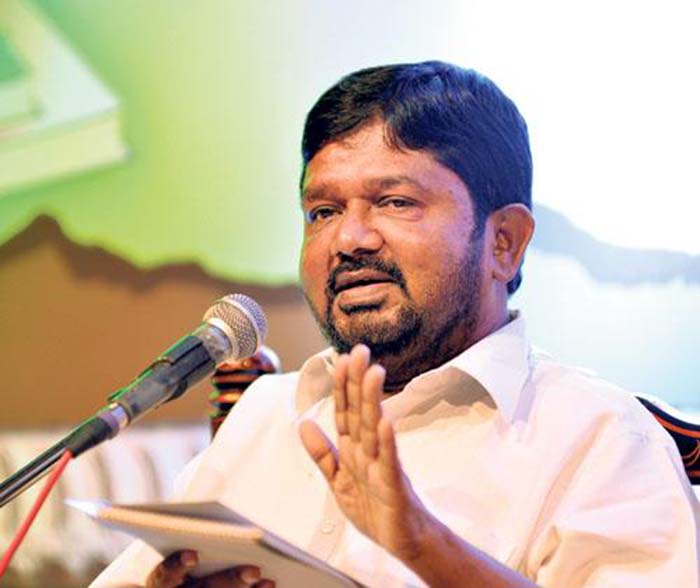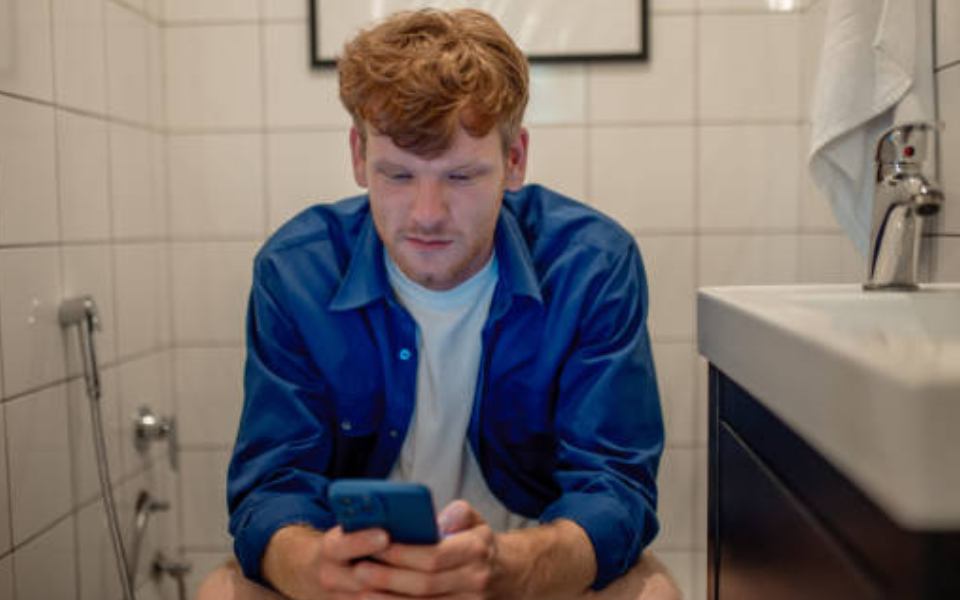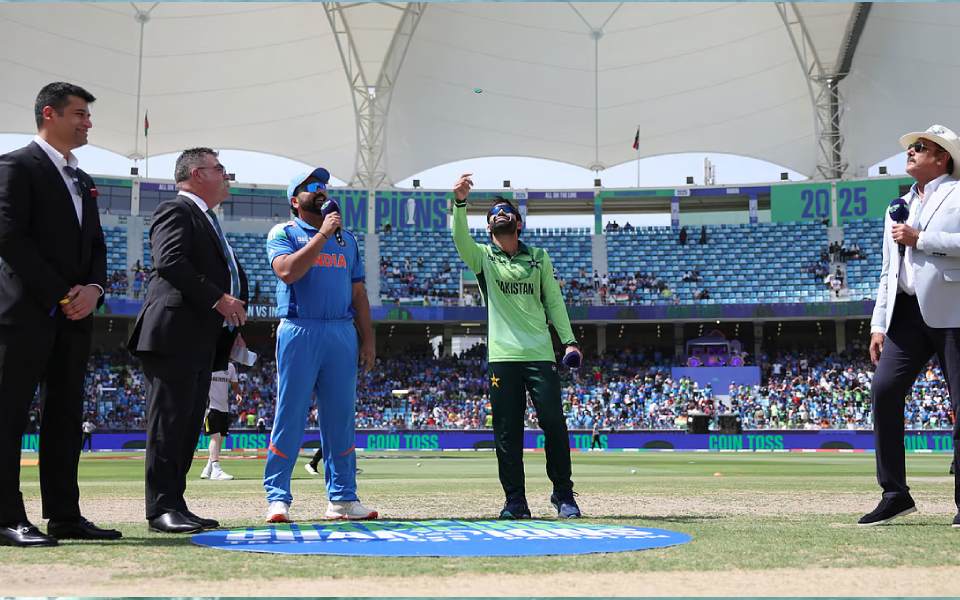Bengaluru: Senior Kannada poet Dr. Siddalingaiah passed away on Friday afternoon after failing to respond to treatment. He had tested positive for deadly COVID-19. He was 67.
He was being treated at the Manipal Hospital in the city after testing positive for COVID-19 last month. He breathed his last in the hospital on Friday afternoon.
Popularly known as ‘Dalit Kavi’ (Dalit Poet) Siddalingaiah contributed through his work to the Dalit struggle and their fight for social acceptance and equality.
He was also elected to Karnataka Legislative Council for two terms.
Let the Truth be known. If you read VB and like VB, please be a VB Supporter and Help us deliver the Truth to one and all.
New Delhi, Feb 23 (PTI): Prolonged mobile phone use while sitting on the toilet is contributing to a surge in haemorrhoids and anal fistulas, doctors have said.
The habit, coupled with a sedentary lifestyle and poor diet, is putting increased strain on the rectal area, leading to painful conditions that often require medical intervention, they added.
Dr Jignesh Gandhi -- a senior robotic and laparoscopic surgeon at Gleneagles Hospital in Mumbai -- highlighted the concern, linking it to a sedentary lifestyle and excessive phone use in toilets.
He was speaking at the 74th foundation day of ESIC Hospital in Okhla on Saturday.
Dr Ravi Ranjan, a surgery specialist at the hospital, said it recorded more than 500 cases of haemorrhoids and fistulas in a year.
He pointed to poor lifestyle habits such as low water intake, excessive consumption of junk food and extended time on the toilet as key contributors.
Marengo Asia Hospital surgeon Dr Birbal said, "Chronic constipation from poor diet and prolonged time spent sitting on the toilet create a vicious cycle."
"This puts undue stress on the rectal area, leading to painful inflammation, which can result in haemorrhoids and, in severe cases, anal fistulas," he added.
The experts said the rising number of such cases was straining government hospitals.
They also highlighted the potential of minimally invasive procedures such as radiofrequency ablation of haemorrhoids under local anaesthesia (Rafaelo) to ease the burden.
"The Rafaelo procedure, approved by the US Food and Drug Administration and widely used in the UK's National Health Service, offers quicker recovery, same-day discharge, and reduced waiting times compared to traditional surgical methods," said Ranjan.
However, despite being introduced in India about three to four years ago, awareness about radiofrequency treatments remains low among surgeons, he noted.
In high-volume institutions such as ESIC and AIIMS, where patient backlogs extend for months due to limited operation theatres, radiofrequency ablation can prove to be revolutionary, the doctors said.
Since the procedure can be performed in minor operation theatres or outpatient department settings under local anaesthesia, they suggested it could help treat 40-50 patients a day in both government and private hospitals.
Doctors are urging greater awareness and adoption of advanced treatments such as Rafaelo to improve patient care while alleviating pressure on India's healthcare system.
Gleneagles Hospital's Gandhi said, "With wider adoption of radiofrequency procedures, we can ensure faster and more effective relief for patients while easing the load on hospitals."





